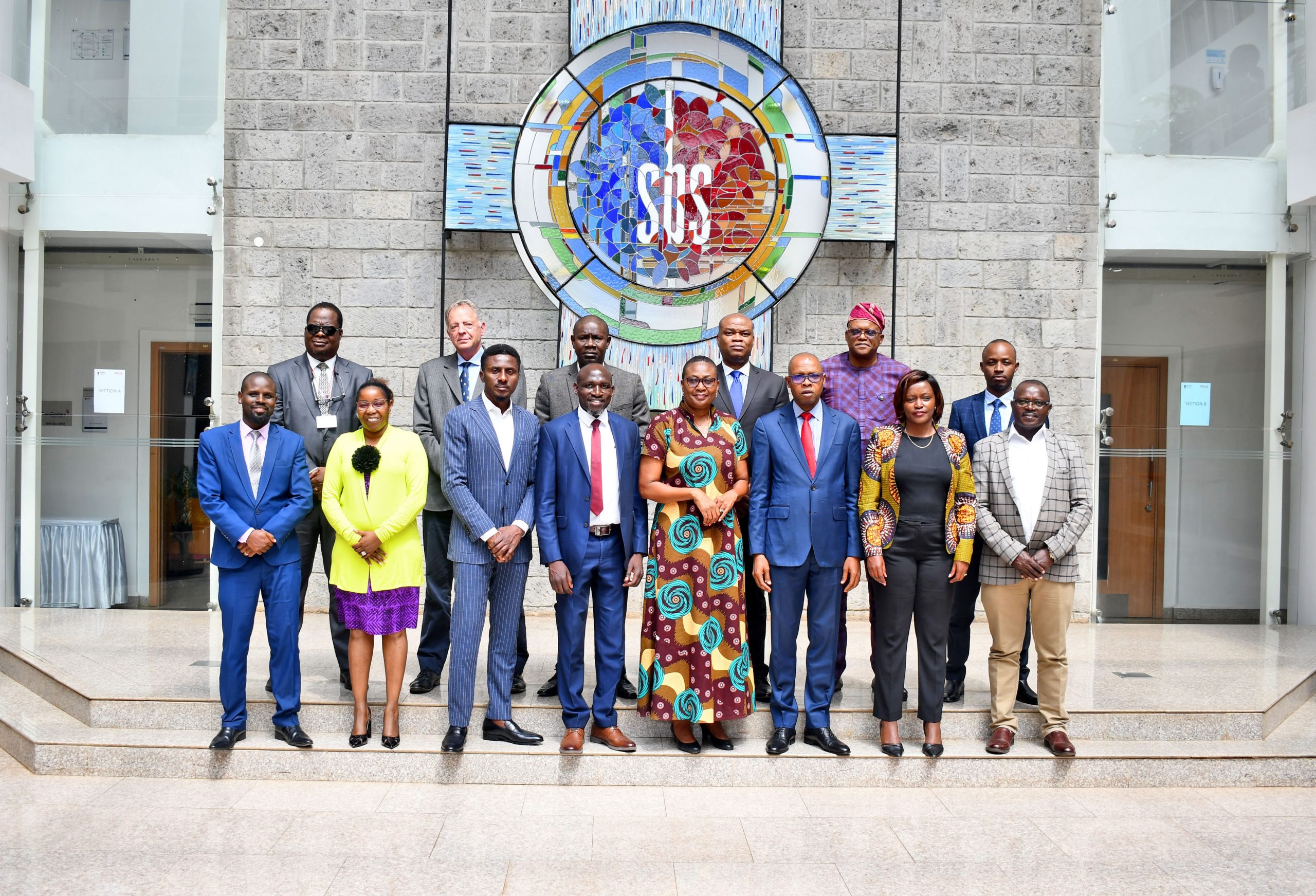Is diversification in the context of entering into new foreign markets always a good move? The answer to this question lies in a shrewd director’s strategy. The ability to perform a cost-benefit analysis and determine the viability of new terrain is imperative to the success of such an endeavour. In an increasingly globalized world, diversification has been simplified. There is no need to localize your business – in fact, this is a strategy that began with franchising and exporting many years back, and has evolved to establishing e-commerce platforms that allow you to maintain a presence globally without having to physically “set up shop”.
Strathmore University Business School(SBS) hosted ten delegates undertaking the first module of the Global CEO Programme in Nairobi, Kenya from the 16th to the 21st of May 2022. This Programme is designed for C-Suite directors interested in bolstering their managerial acumen through an engaging residential programme delivered in-person across three leading business schools – Strathmore University Business School, Lagos School of Business and Yale School of Management. Offered over a period of three months and with participants attending each session in-person, the Programme allows them to immerse themselves in the cultures of each learning institution and by extension that of the countries they are in. This gives participants a firsthand look at the modus operandi of vibrant economic hubs, providing deep insights into what it takes to expand and conduct business beyond borders.
According to the telegraph, “Africa is currently the world’s fastest-growing continent, with GDP expected to grow by at least six per cent annually until 2023”. Furthermore, Africa is currently experiencing a renaissance of sorts, with African art receiving global critical acclaim from storied institutions – stamping an indelible seal of approval on our music, literature and fashion. In addition, Africa’s rapid population growth is projected to be 4 times its current population at 4.4 billion by the turn of the century. It’s safe to say that Africa is open for business – we’ve seen global juggernauts venture into Africa and establish operations successfully. This can also be said for local entrepreneurs who leveraged on the economic prosperity of previous decades and are now big players in their industries – giving multinationals a run for their money. Not to mention, venture capitalists are investing heavily in African startups and in 2021, start-ups raised over four billion dollars in several countries across the continent, with Kenya, Nigeria, South Africa, and Egypt leading the pack.
The pie is big enough for everyone – but that doesn’t mean organizations want to share it. A conflict that befalls many C-Suite directors is that of diversification. What are the risks, and are they worth taking? There are numerous case studies of one mistake setting an organization back – consider early cell phone manufacturers, whose fall from grace was a result of hubris and reluctance to embrace new technology. With a future as promising as Africa’s, CEOs must remain alert and be future-oriented.
The Global CEO Programme offers numerous case studies all intended to guide participants and their organizations from the pitfalls of expansion beyond borders. Adjunct Faculty, SBS, Dr. Daniel Monehin, urged participants to “think local, act local” turning the original adage of “think global, act locally” on its head. This is because many C-Suite directors make the mistake of adopting global solutions for local problems, without considering how said solutions would be received by local consumers. A boots on the ground strategy should be upheld to prevent supply chain shortages, and PR mishaps, among other avoidable snares. In fact, keeping a finger on the pulse gives room for innovation, which opens doors for brand affinity and an appreciation from locals for recognizing and representing their people and culture in your business. Learn more about the Global CEO Programme here.
There are numerous best practices for international business. For organizations looking to scale and establish operations in many megacities across Africa and the world, the blueprint is simple – keep abreast with emerging trends and technology, always seek value addition, and look for ways to localize without explicitly operating in different regions.
Article by Katherine Keango
Would you like to share an article? Write to us at sbscommunication@strathmore.edu
Share This Story, Choose Your Platform!
Your journey to business excellence starts here. Subscribe today and be at the forefront of innovation and leadership.









